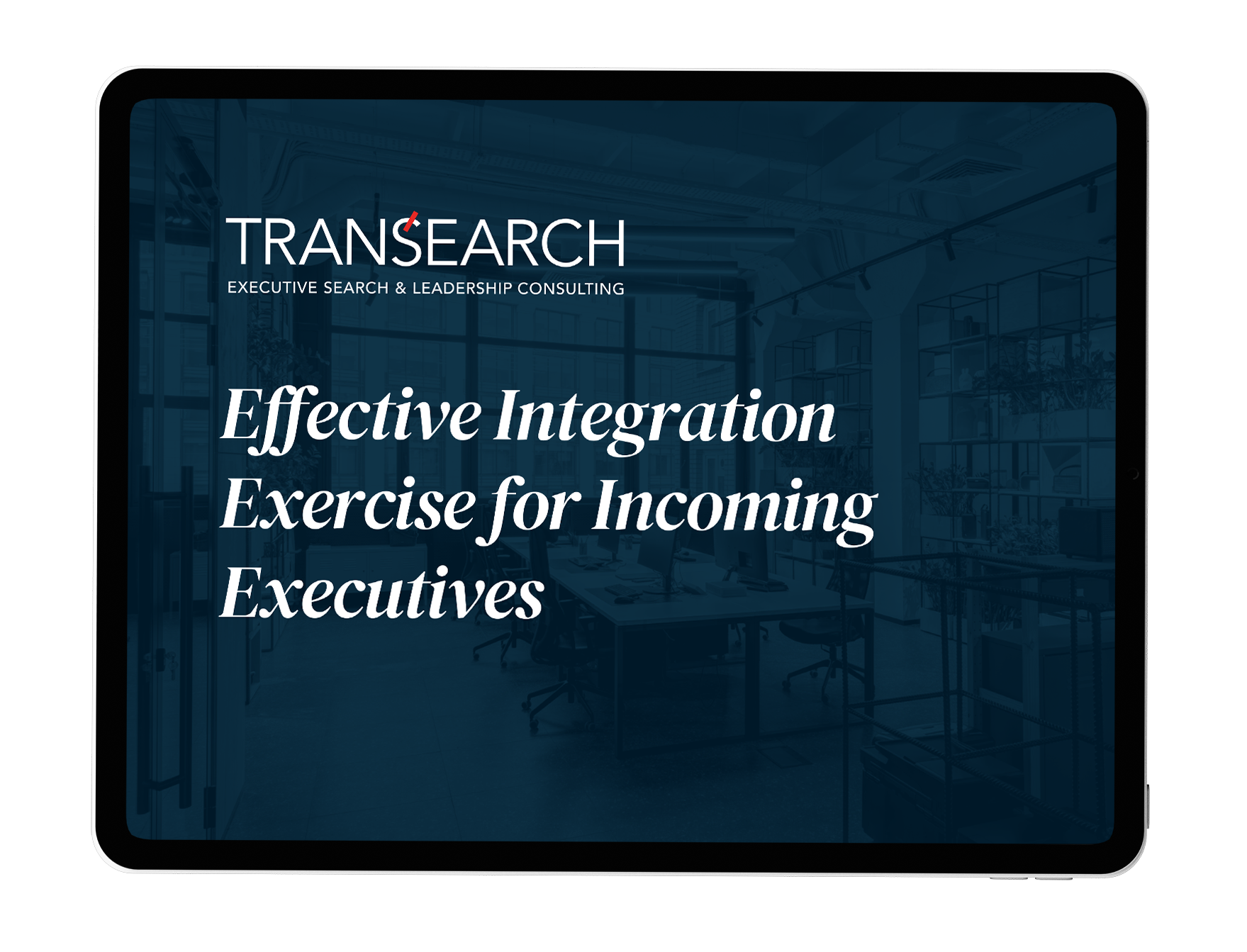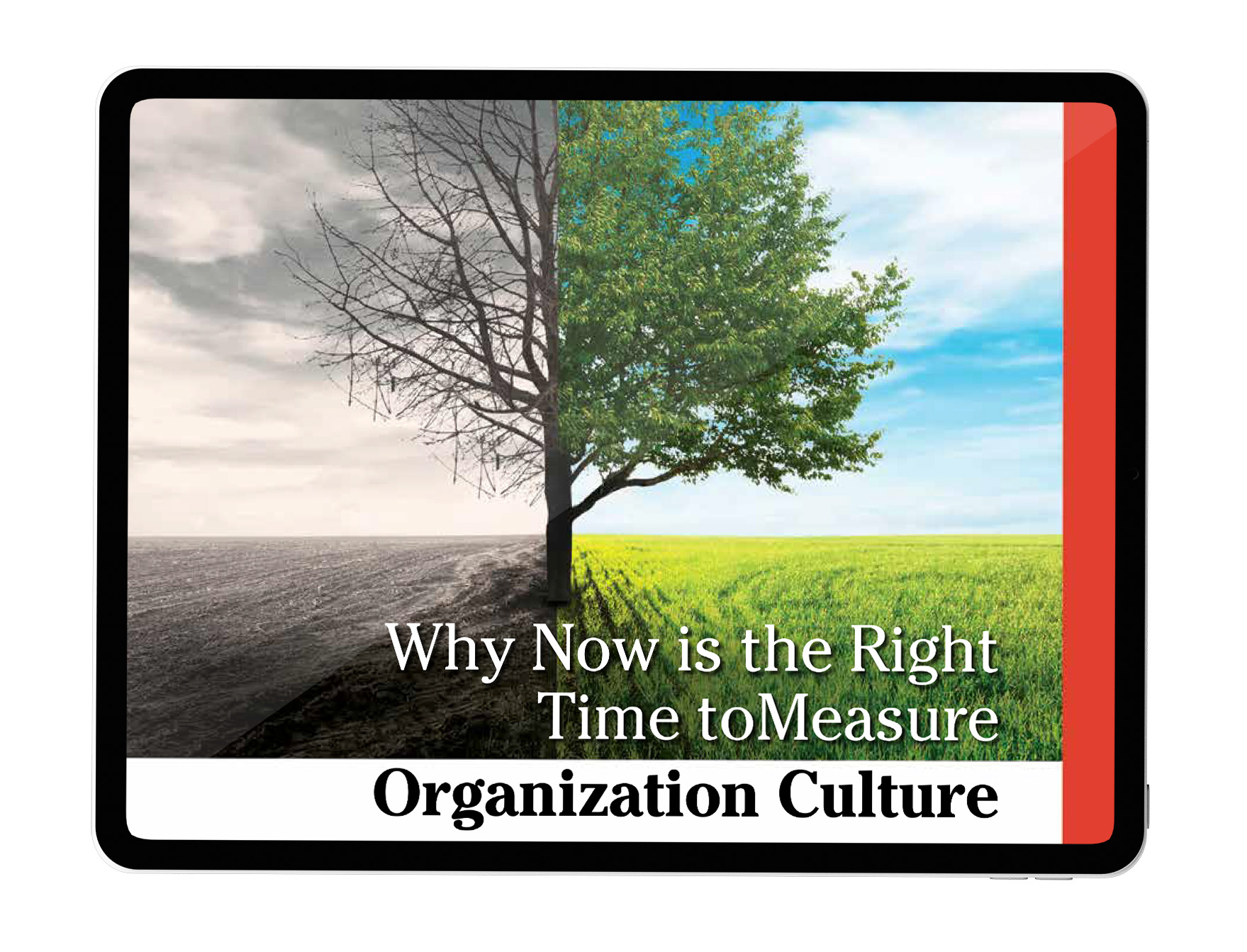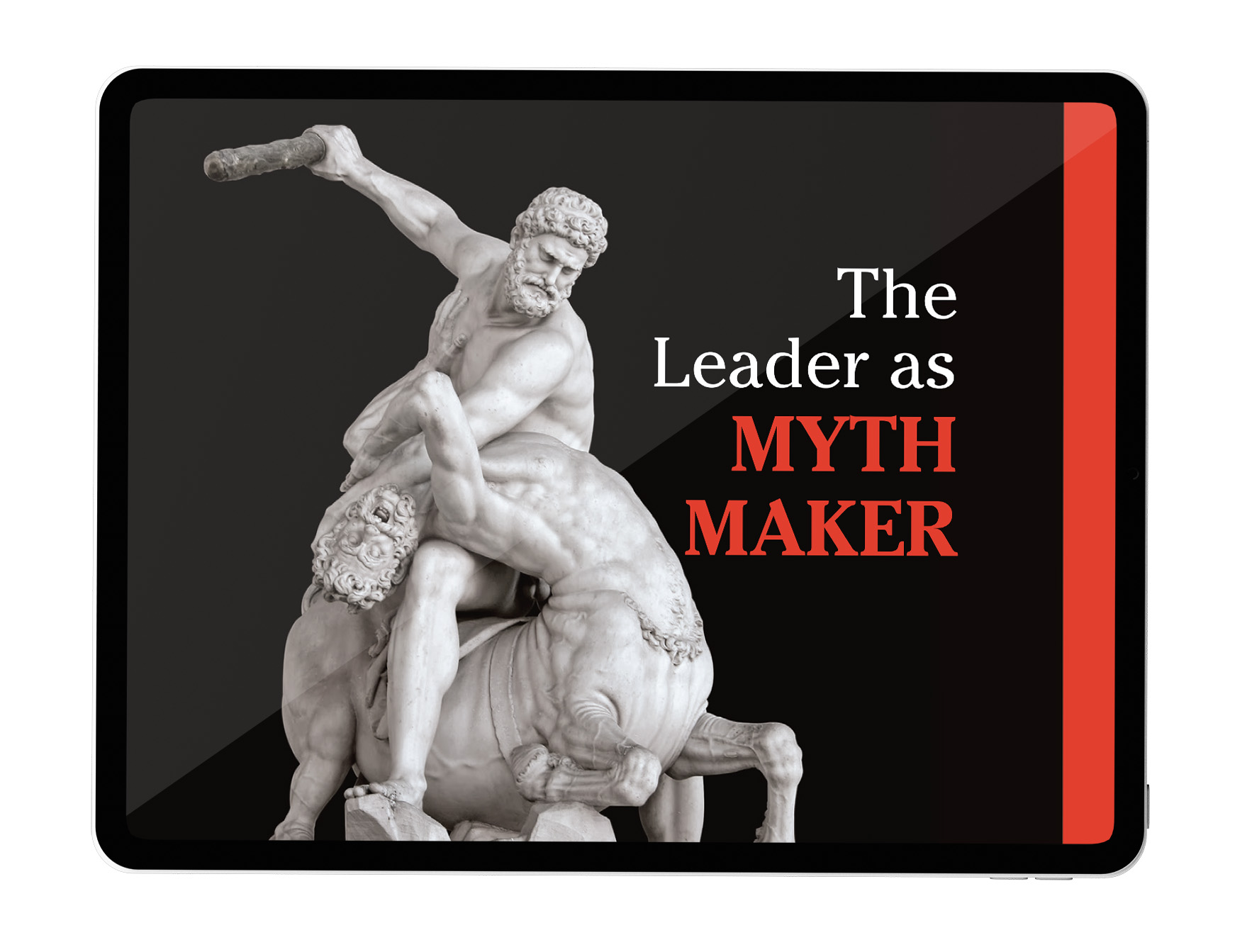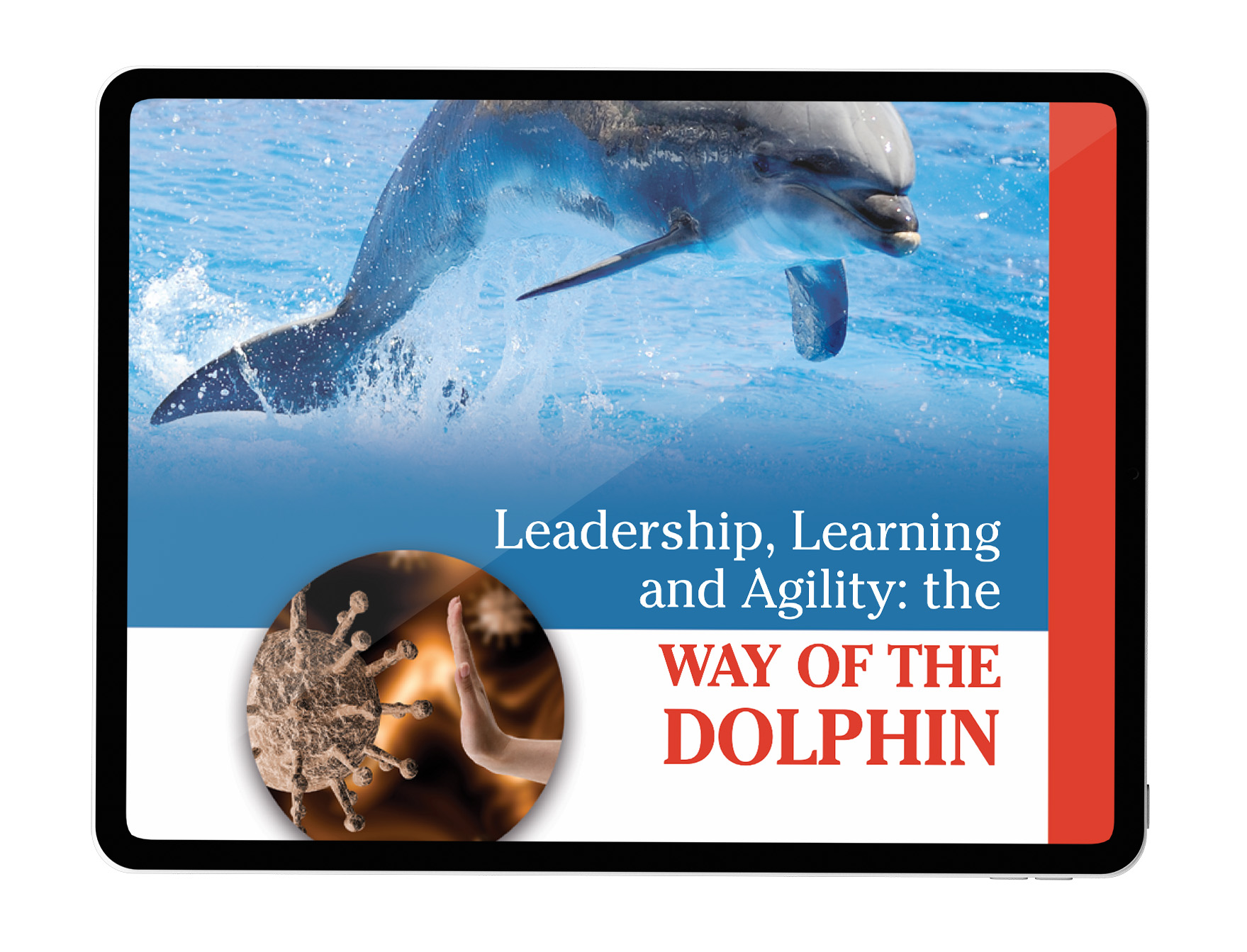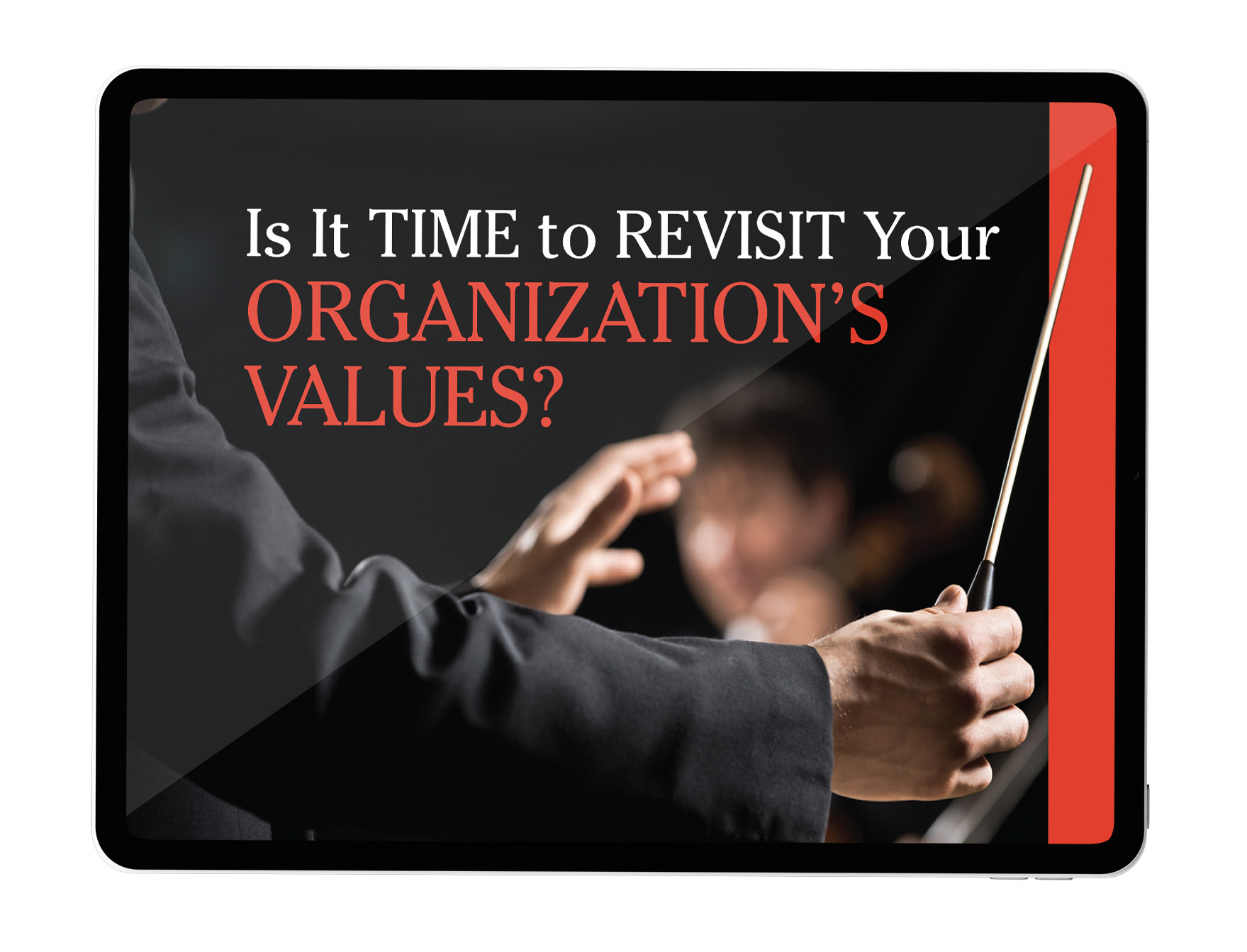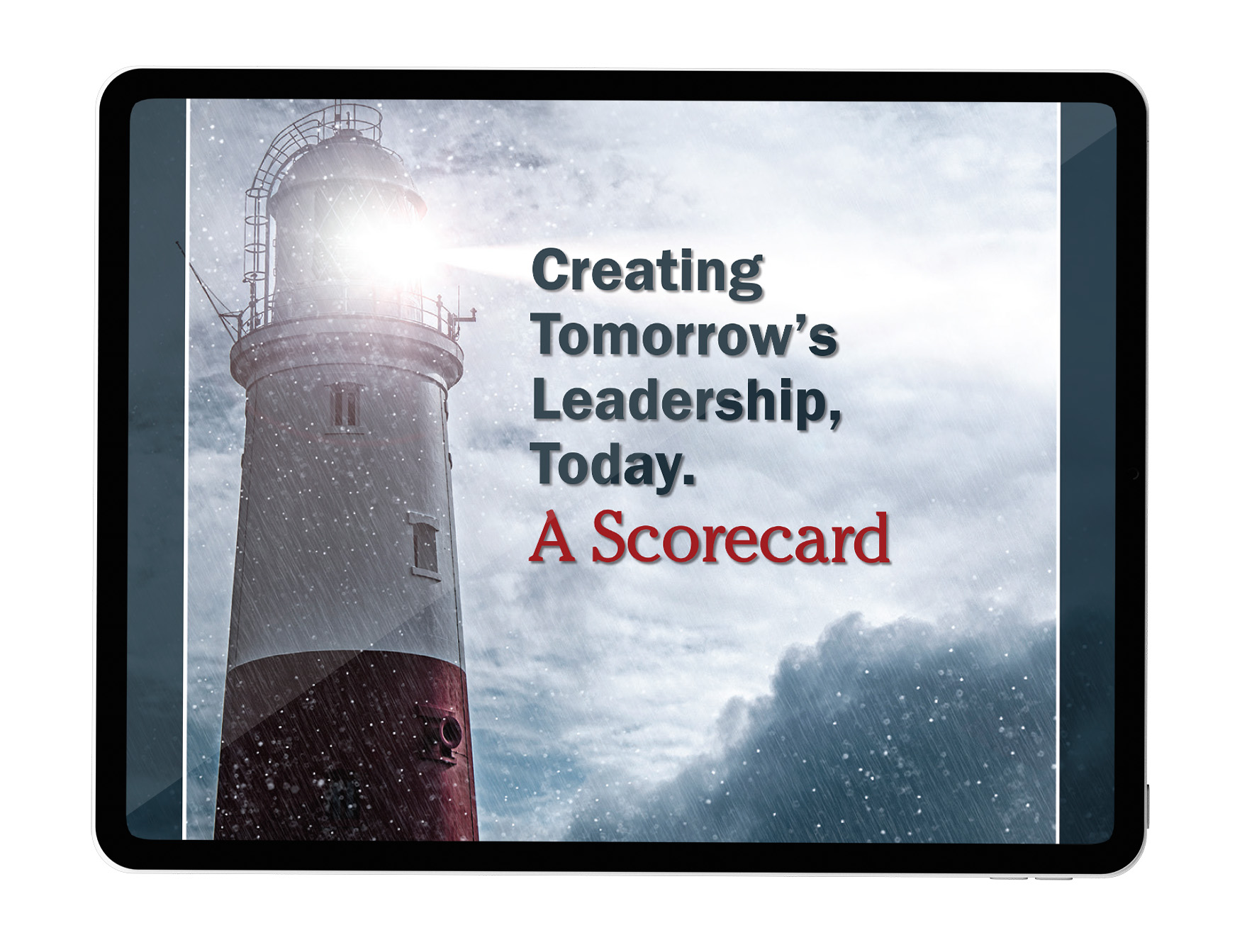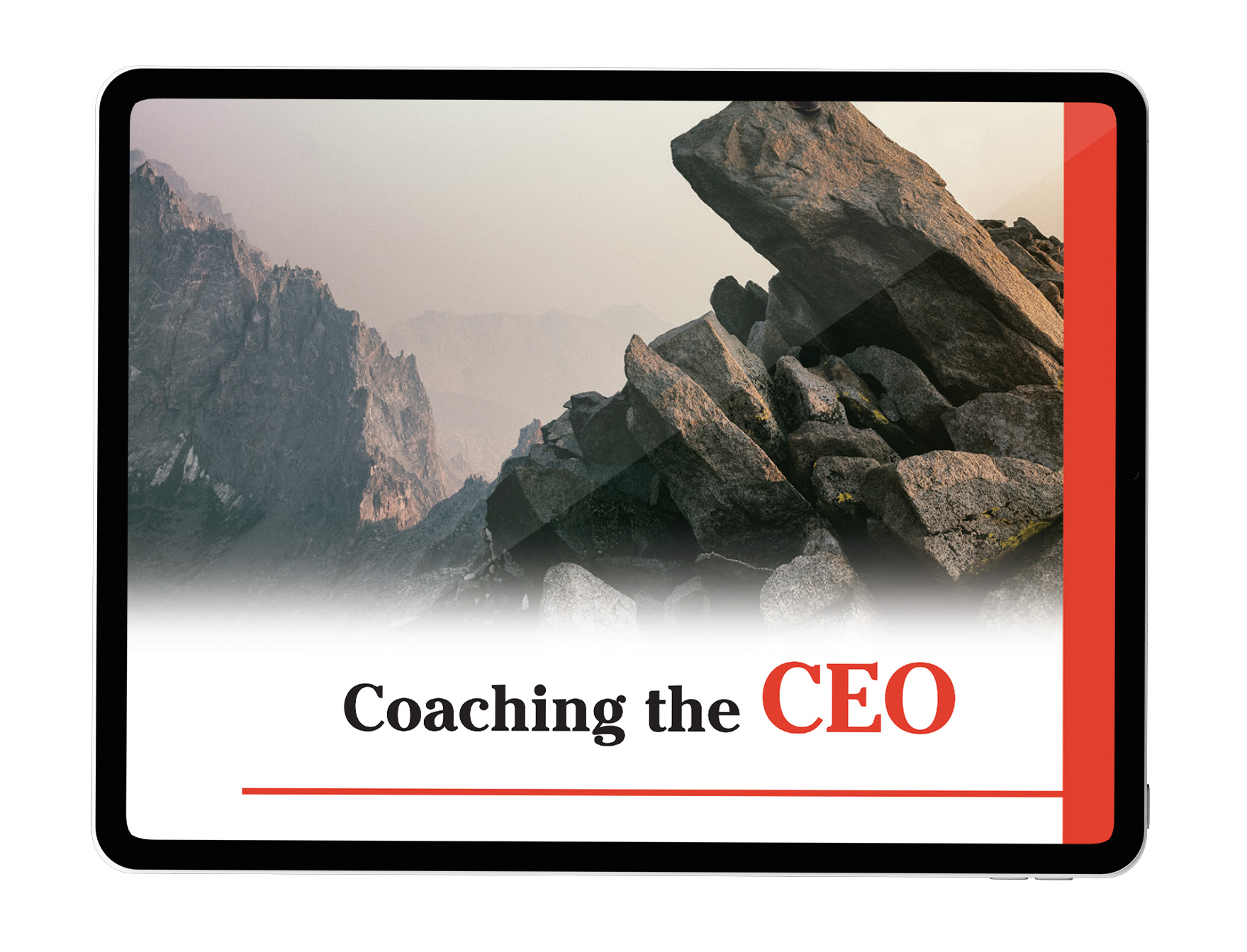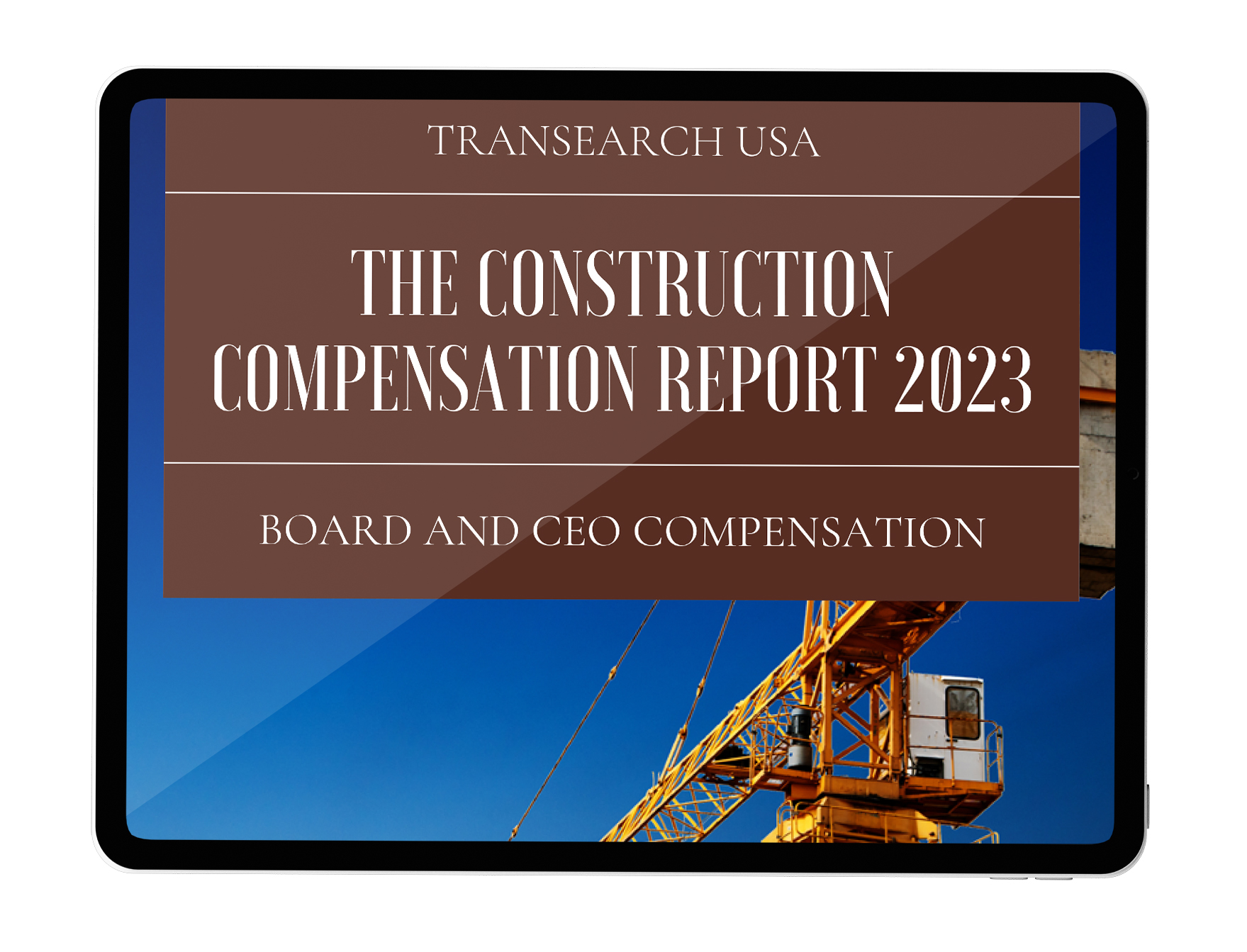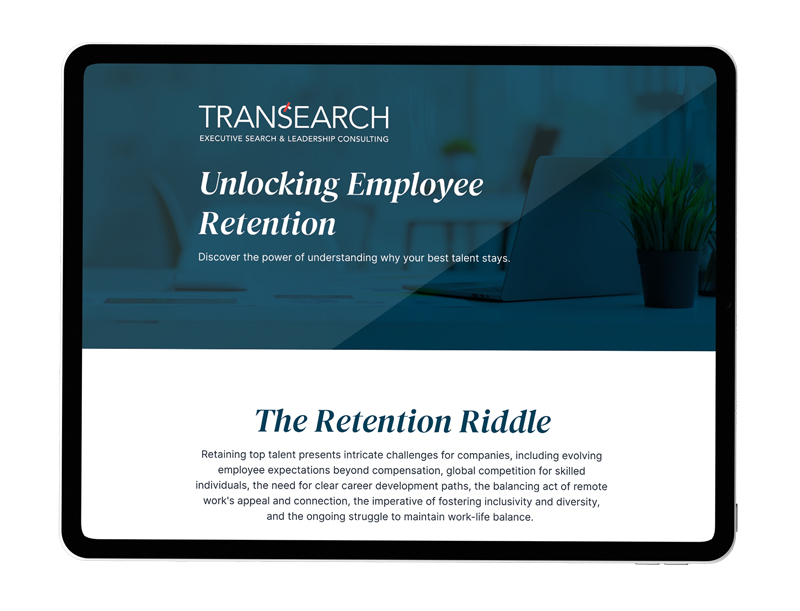As the competition for top talent in Private Equity and Venture Capital increases, developing strategies to retain great leaders within your firm becomes more critical than ever.
Retaining outstanding leadership is essential to help companies stand out, gain a competitive edge, and ensure long-term success. These strategies encompass finding the right people for team roles, providing diverse career development paths, and implementing flexible policies that enable staff to balance personal and professional demands.
Let’s explore what differentiates superior PE/VC firms in terms of their ability to attract – and retain – successful executives by sharing best practices on recruiting quality personnel and boosting morale through meaningful rewards programs.
1. Provide Opportunities for Growth and Development
Great leaders constantly seek challenges and new opportunities to grow and develop. If they feel that there are no more opportunities for growth and development within your company, they may start to look elsewhere.
Offering your leaders opportunities to grow and develop their skills shows that you value their contributions and believe in their potential. Such opportunities include training programs, mentorship, specialized workshops, or industry events.
2. Invest in Employee Satisfaction
Employee satisfaction is crucial for retaining great leaders. Creating a positive company culture that fosters a sense of belonging and engagement is essential.
Regular feedback sessions, employee recognition programs, fair promotion and compensation policies, and flexible work arrangements are some ways to show your employees that you care about their happiness and well-being.
Investing in employee satisfaction can positively impact your company’s bottom line, as happy employees tend to be more productive and committed.
3. Recognize and Reward Performance
Great leaders want to feel recognized and appreciated for their hard work and contributions to the company.
Recognizing your leaders for their achievements can help foster a positive work environment, boost morale, and make them feel valued. Rewards can come in different forms, such as bonuses, promotions, equity shares, or public recognition.
When recognizing and rewarding your leaders, it’s crucial to be fair and transparent to avoid any perceptions of bias.
4. Create a Clear Path for Growth
Great leaders want to know that their hard work and contributions are not going unnoticed and that the company has a clear path for advancement.
Offering a clear path for growth and development can help retain great leaders by giving them a sense of direction and purpose.
Providing opportunities for leadership and managerial positions within the company can also help great leaders see a future in which they can impact the company’s culture and bottom line.
5. Foster a Sense of Belonging and Community
Great leaders want to feel part of something bigger and make a difference in the world. It’s essential to create a sense of belonging and community within your company.
This can be achieved by promoting team-building activities, employee social gatherings, company volunteer activities, and social responsibility initiatives that align with your company’s values and mission.
Retain Leaders and Get Ahead of The Competition
Retaining outstanding talent pays dividends in improved productivity while saving months in recruitment, retention, and training costs. It’s a win-win for both the employee and the employer.
There’s no one-size-fits-all solution when it comes to retaining excellent employees, but investing in employee satisfaction, providing growth opportunities, offering recognition and rewards, making goals and ambitions reachable, and fostering a sense of community within each team member are proven methodologies that enable PE and VC firms to keep their best and brightest.











